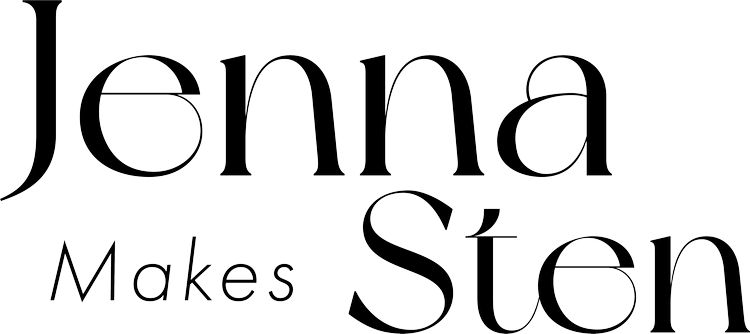Cultural Appropriation
Is it ok to describe smoke cleansing as ‘smudging’?
The short answer to this question is: if you’re white (like me) or non-Indigenous, then no.
Smudging is a varied and culturally specific practice that belongs to Native American peoples. Many cultures burn herb bundles or practice smoke cleansing, so if you have the need for these terms I encourage you to use them instead, and either buy herb bundles containing white sage from Indigenous-owned companies, or make your own from different herbs in your garden to avoid supporting businesses that co-opt the term for profit.
Further reading: Native Appropriations – Sephora’s “Starter Witch Kit” and Spiritual Theft by Adrienne Keene.
Non-Indigenous owned companies and (typically) white people in spiritual communities have appropriated the term ‘smudging’ for their own use. Both these groups (including me) have limited knowledge of what smudging is, yet smudge sticks are sold in many spiritual shops and grocery stores, and the term is widely misused to simply mean the act of burning white sage. Anishinaabe knowledge keeper Debra Courchene, and Membertou Edler Lawrence Wells have generously shared a little more about the varied practice for educational purposes in seperate videos, linked above.
White sage is reportedly overharvested in the wild as the result of commercial interest and improper harvesting techniques. It’s my understanding that picking the plant is part of the practice; this obviously threatens access to this connection.
There’s a difference between being invited into a ceremony from a culture we do not belong to – for example: here in Australia, when Indigenous people hold smoking ceremonies at public events – and removing a part of somebody else’s culture from its proper context and using it for our own self-interest – for example: here in Australia, when non-Indigenous owned companies profit from the sale of mass produced ‘didgeridoos’, ‘boomerangs’ and ‘Aboriginal style art’ at souvenir stores.
If the group we belong to is the same one that colonised the people we are taking from, this is especially hurtful, as it’s likely that our ancestors prevented them from engaging with these (or other) aspects of their culture in the past, the effects of which continue today. Many aspects of Indigenous cultures have been lost as a result of colonisation; it’s important to respect what has been retained by listening to Indigenous people, and not claiming yet another thing as our own.
Hello there. My name is Jenna.
I make botanical incense from sustainably harvested Western Australian sandalwood, tree resins, plants and essential oils.
I specialise in making gentle scents from carefully chosen botanicals, and I’m transparent about where I source my materials. I also make one-of-a-kind incense burners and other ceramics.

